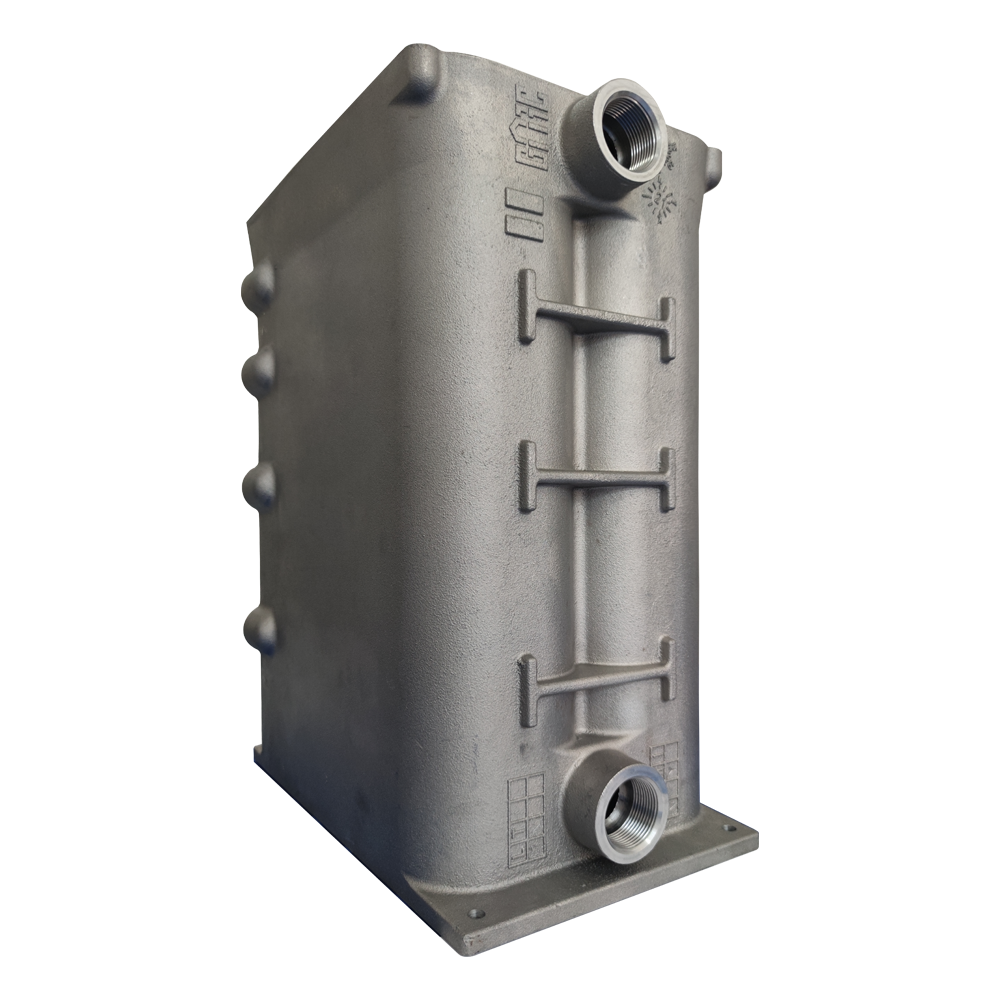- Afrikaans
- Albanian
- Amharic
- Arabic
- Armenian
- Azerbaijani
- Basque
- Belarusian
- Bengali
- Bosnian
- Bulgarian
- Catalan
- Cebuano
- China
- China (Taiwan)
- Corsican
- Croatian
- Czech
- Danish
- Dutch
- English
- Esperanto
- Estonian
- Finnish
- French
- Frisian
- Galician
- Georgian
- German
- Greek
- Gujarati
- Haitian Creole
- hausa
- hawaiian
- Hebrew
- Hindi
- Miao
- Hungarian
- Icelandic
- igbo
- Indonesian
- irish
- Italian
- Japanese
- Javanese
- Kannada
- kazakh
- Khmer
- Rwandese
- Korean
- Kurdish
- Kyrgyz
- Lao
- Latin
- Latvian
- Lithuanian
- Luxembourgish
- Macedonian
- Malgashi
- Malay
- Malayalam
- Maltese
- Maori
- Marathi
- Mongolian
- Myanmar
- Nepali
- Norwegian
- Norwegian
- Occitan
- Pashto
- Persian
- Polish
- Portuguese
- Punjabi
- Romanian
- Russian
- Samoan
- Scottish Gaelic
- Serbian
- Sesotho
- Shona
- Sindhi
- Sinhala
- Slovak
- Slovenian
- Somali
- Spanish
- Sundanese
- Swahili
- Swedish
- Tagalog
- Tajik
- Tamil
- Tatar
- Telugu
- Thai
- Turkish
- Turkmen
- Ukrainian
- Urdu
- Uighur
- Uzbek
- Vietnamese
- Welsh
- Bantu
- Yiddish
- Yoruba
- Zulu
Aug . 20, 2024 22:15 Back to list
Optimizing Boiler Efficiency with Sustainable Fuel Options
Fuel for Boilers A Comprehensive Overview
Boilers play a critical role in various industries, providing the necessary heat for processes such as manufacturing, heating, and electricity generation. The efficiency and environmental impact of a boiler largely depend on its fuel source. In this article, we will explore the various fuels used in boilers, their characteristics, and the considerations for selecting the right fuel.
Types of Fuels Used in Boilers
1. Natural Gas One of the most common fuels for boilers, natural gas is favored for its cleanliness and efficiency. It produces lower emissions compared to other fossil fuels, making it an environmentally superior choice. Natural gas boilers require a supply of gas from pipelines, which can sometimes limit their use in remote areas. However, their high efficiency and low operating costs make them a popular option in both residential and commercial settings.
2. Oil Heating oil is another common fuel for boilers, particularly in regions where natural gas is not readily available. Oil-fired boilers tend to have higher emissions compared to natural gas but are still widely used due to their high energy content and the ability to deliver consistent heat. The choice between light and heavy oil can also impact efficiency and emissions, with light oils generally being cleaner than their heavier counterparts.
3. Coal While coal is less popular today due to environmental regulations and its high carbon footprint, it remains an important fuel source in certain industries, particularly in regions with abundant coal reserves. Coal-fired boilers are designed to handle the specific properties of coal, including its higher ash content and varying grades. Although coal is economical, its environmental impact is a significant concern, leading to a decline in its use for new boiler installations.
fuel for boiler

4. Biomass Biomass fuels, such as wood pellets, agricultural residues, and dedicated energy crops, are gaining traction as sustainable alternatives to fossil fuels. Biomass boilers can significantly reduce greenhouse gas emissions when appropriately sourced and managed. The combustion of biomass releases carbon dioxide that is part of the natural carbon cycle, making it a renewable energy source. However, the availability and logistics of sourcing biomass can pose challenges.
5. Electricity Electric boilers are popular in specific applications, particularly where the infrastructure for other fuels is lacking. They are clean in operation, emitting no direct pollutants. However, their overall environmental impact depends on how the electricity is generated. In regions where renewable energy sources like wind and solar power dominate the grid, electric boilers can be a sustainable choice.
Considerations for Choosing a Boiler Fuel
When selecting a fuel for a boiler, several factors should be considered
- Availability The local availability of fuel can greatly impact operational costs and logistics. Areas with easy access to natural gas may prefer it over oil or coal. - Cost Fuel prices fluctuate based on market conditions, and it’s crucial to evaluate not just the current prices but also long-term trends. - Environmental Regulations With increasing regulations aimed at reducing emissions, the environmental impact of each fuel source must be taken into account. Facilities may need to invest in emissions control technologies, which can affect overall costs. - Operational Efficiency Each fuel type has efficiency ratings, which will impact energy consumption and operational costs over time. Higher efficiency fuels typically result in lower fuel consumption for the same heat output. - Maintenance Requirements Different fuels require different maintenance regimes. For instance, coal-fired boilers may demand more frequent cleaning due to ash accumulation.
In conclusion, the choice of fuel for boilers is influenced by diverse factors including availability, cost, and environmental impact. As industries continue to seek more sustainable practices, the trend may shift towards cleaner fuels and advanced technologies that enhance efficiency while minimizing emissions. The ongoing evolution of energy markets will likely play a crucial role in shaping future boiler fuel choices.
-
Premium Cast Iron Water Main Pipe: Durable, Corrosion-Resistant
NewsAug.03,2025
-
Durable Cast Iron Water Mains | AI-Optimized Systems
NewsAug.02,2025
-
High-Efficiency Propane Boiler for Baseboard Heat | Save Energy
NewsAug.01,2025
-
Premium Source Suppliers for Various Gray Iron Castings
NewsJul.31,2025
-
Durable Cast Iron Water Main Pipes | Long-Lasting
NewsJul.31,2025
-
High-Quality Cast Iron Water Main Pipe for Durable Infrastructure
NewsJul.30,2025


